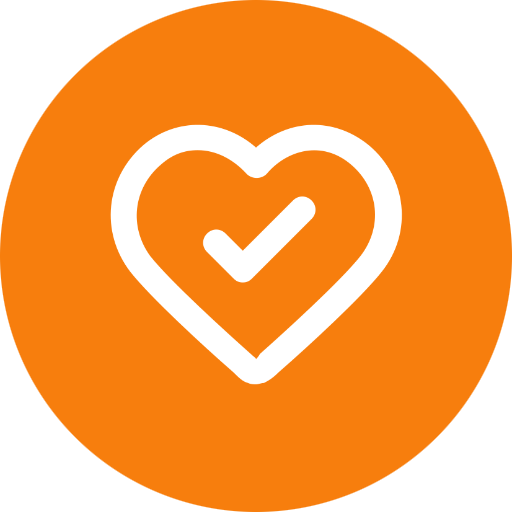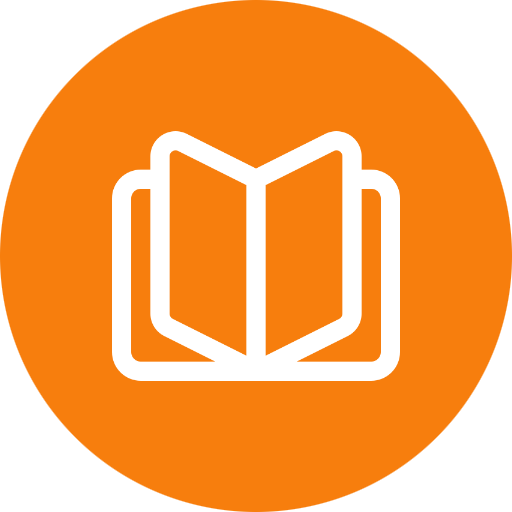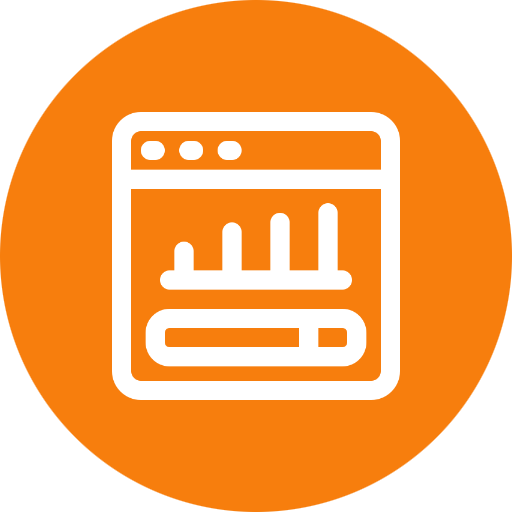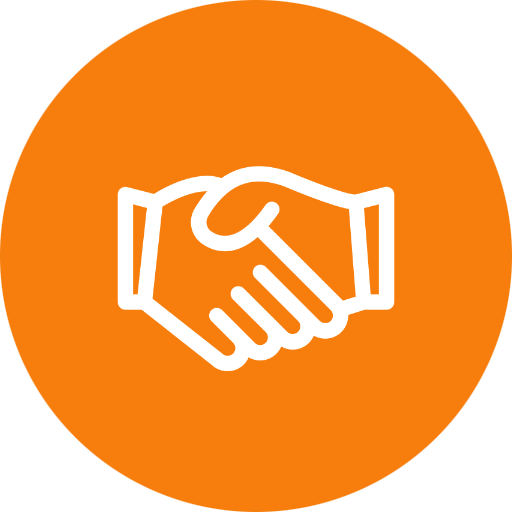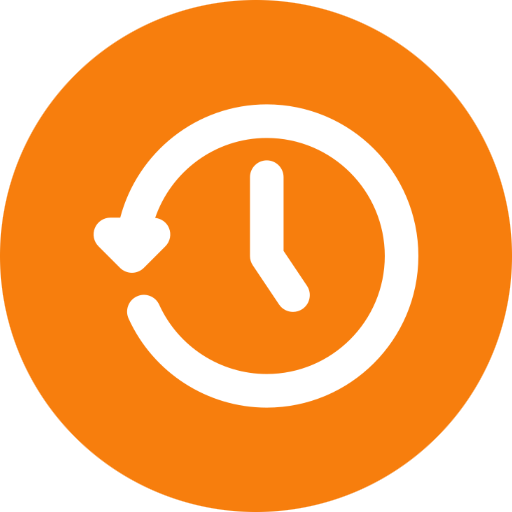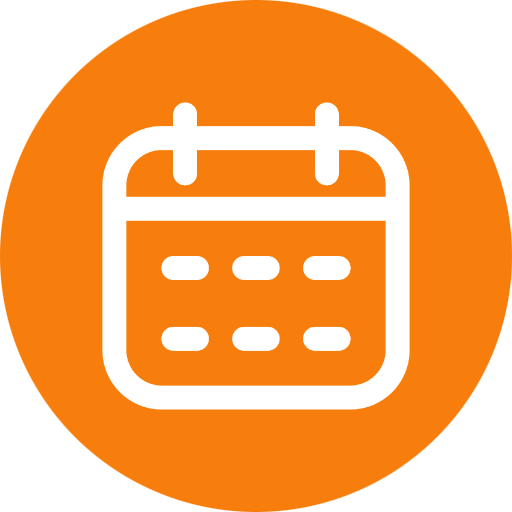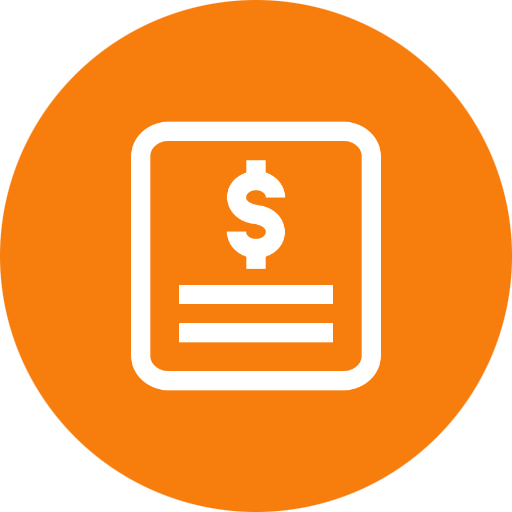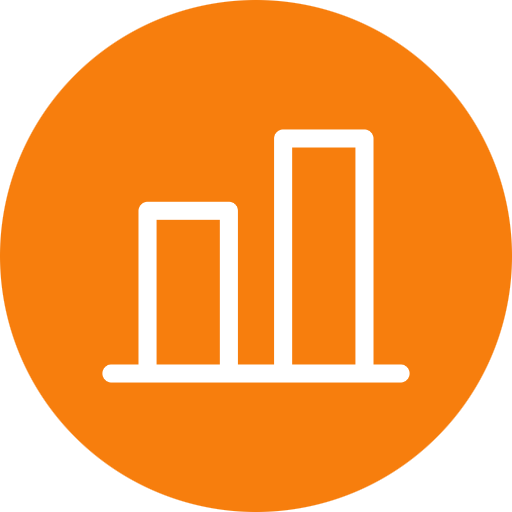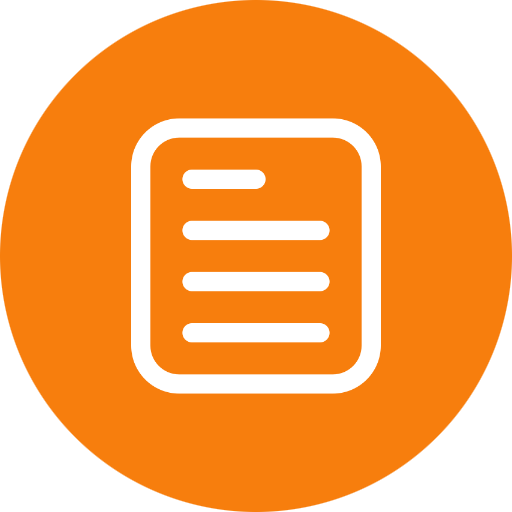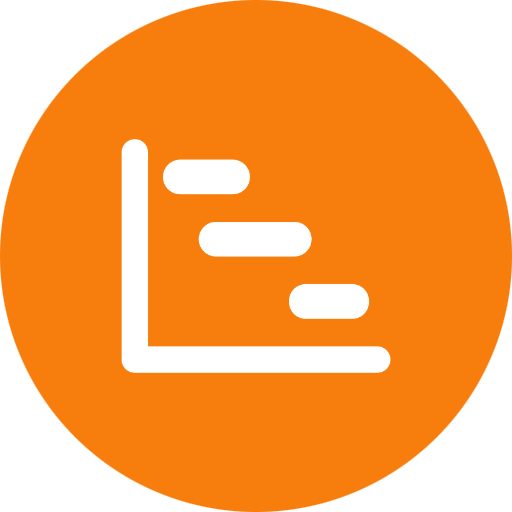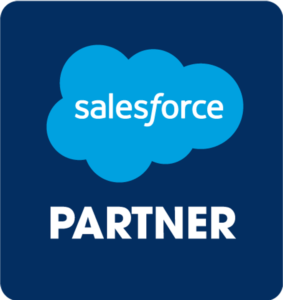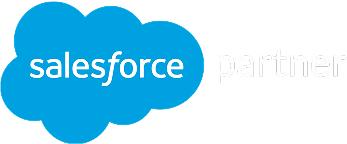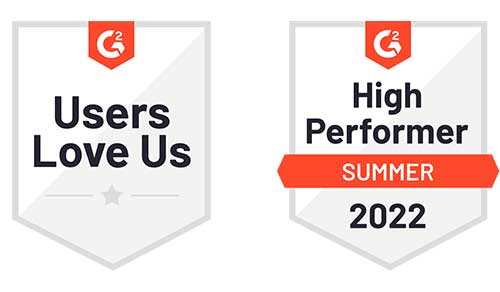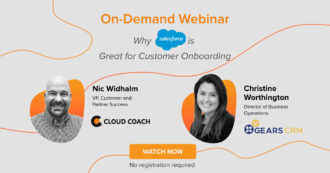 Webinar
Webinar
- Solutions
- Customer Onboarding
- Customer Success
- Professional Services Automation
- Project Management
- Project Portfolio Management
-
Solutions
-
Features
- Why Cloud Coach
- Customers
-
Resources

Customer Success Software
Customer success is an important part of the client experience and customer journey in any business. However, customer success is especially important in organizations that offer software as a service or any kind of subscription or contract-based professional services. Customer success teams are necessary for an ongoing relationship that a contract or subscription implies. Many organizations and CS teams use customer success software to streamline and optimize their operations in order to deliver the best experience possible.
Great customer success solutions can impact client retention, client satisfaction, product utilization, and more. Customer success philosophy is also an important part of improving client retention and satisfaction, as it deeply impacts the way that they are treated as clients. While every organization develops its own customer success philosophy, some common tenets of CS philosophy are:
- Knowledge
- Know as much as possible about your client. Why did they purchase your product? What gave it an edge over competitors? What are their business goals? What are they hoping to achieve with your product?
- Relationship
- While it’s not required that every CSM be buddy-buddy with their clients, having a friendly and professional relationship makes it easier to gain and maintain client trust. A client that has a good relationship with their CSM will be more likely to go to them if they’re experiencing difficulties with the product, and the sooner the better.
- Automation
- While it’s important that every client feels like the only client, in reality – you probably have a lot of clients! Or would hope to someday, at least. Automation is essential for client success, especially in onboarding and project management. There are too many fine details that can quickly be swept away. In client success, if you can automate – do.
Some organizations use project management software to help automate their client onboarding operations. However, it’s always best to use software that is built natively on your organization’s CRM. The use of separate software systems can lead to disjointed and clunky data – and dirty data is every techie’s nightmare. Using software built by a customer onboarding company for your native CRM is even better – like Cloud Coach!
What is Customer Success
What is customer success, exactly? There are a few different words that get thrown around when discussing customer success teams and as a whole. Those terms are client success, customer/client experience, customer success, and maybe even customer support. One of those things is not like the other! While there are a few different nuances to each term, the customer success definition encompasses things like client success and client experience. Client experience can be more about feeling than the results. The purpose of customer success is to ensure that your clients’ needs are being met through your product. Client success and customer success teams have an incredible impact on customer retention, client satisfaction, and upsell capabilities.
One thing to clear up, however – customer success and customer support are entirely different things. Whereas customer support is reactive, customer success is proactive. Clients typically only reach out to customer support when they’re having a technical issue. After the issue is resolved, the communication ends. In client success, CSMs should continually be reaching out to clients to make sure that they are achieving their goals with your product. Customer success informs business strategy as a whole and can even give insight into space for new products and upsell opportunities for existing clients.
ADDITIONAL LINKS
What is a Customer Success Manager?
Customer success managers often have multiple clients that they are expected to develop and maintain a relationship while all the while striving to ensure that the client’s needs are met. It is often the responsibility of the client success manager to:
- Introduce new clients to the product and educate them on how to best use it for their desired results (onboarding)
- Build individual and genuine relationships with the clients – position themselves as a pillar of trust
- Represent the heart of the organization to the client, always putting its best foot forward
- Advocate for the client, understand their strengths and pain points in the product and relay those points to the necessary teams in order to create a better product
- Spot opportunities for upsells to better suit the needs of the client and increase the overall lifetime value of those customers
- Follow-up closely with the client to secure early renewals if possible, creating repeat customers
Even if you just have a handful of clients, it can be difficult to be “everything to everyone” without the power of a customer success platform behind you. Customer success departments play an important role in generating revenue, especially for subscription-based models. While some churn is inevitable, well-operated customer success teams can significantly decrease customer churn and generate more revenue for the organization by keeping existing clients and creating upsell opportunities.
Customer Success Platform for Onboarding
Our customer success platform, Cloud Coach, is built on Salesforce. There are a few reasons for that.
- The first is data security.
- Salesforce invests hundreds of millions of dollars per year to ensure the security of client data. In today’s world, data security cannot be overstated. When it comes to the safety and security of sensitive customer information, Salesforce is the only stronghold we feel safe creating a treasure in.
- The second reason we built our customer success tools on Salesforce is flexibility.
- Cloud Coach has multiple use cases. Cloud Coach is commonly used for customer onboarding, professional services automation, project portfolio management, and project management. Customer Success is a mashup of all of those skill sets and Salesforce offered us the most flexibility to build a product that our clients needed.
- The third reason we built on Salesforce was for the ease of use and the ability to create unique configurations suited to our clients’ business needs.
- Salesforce is one of the most widely used CRM software in the world. When creating a customer success platform, Salesforce is already familiar to many CSMs and administrators. Cloud Coach allows users to leverage the Salesforce knowledge they already have to create unique workflows for their processes, including custom fields, approval workflows, Lightning workflows and components, as well as tailored reports and unique dashboards.
When researching the right customer success platforms for your business, it’s important to keep in mind the specific needs of your CSMs and your clients.
Customer Success Technology
When it comes to customer success technology, many CSMs find themselves using project management software or other tools that are not built to run and function off of their CRM. While it’s possible in today’s environment to create integrations for many different software applications, there’s a difference between a customer success tool being _compatible_ with your CRM and your tool actually being _built_ on your CRM.
Salesforce is one of the most powerful CRMs to build on. We chose to build Cloud Coach on Salesforce partly for its flexibility – for example, using Salesforce functionality in conjunction with Cloud Coach, you can create customer success survey tools that allow CSMs to gain insight into their processes and determine if their onboarding and check-ins are actually working.
CSMs are constantly checking in with clients, which are each on their own timeline and busy with their own products. In order to keep track of all these clients, CSM tools need to have project management capabilities of some kind. With Cloud Coach, prospect accounts can be transformed into onboarding projects with a single click. All of their information carries over, and this helps to create a consistent experience over time. You can even share the details of the project with the client in real-time.
Best Customer Success Software
When searching for the best customer success software for your business, there are a few important things to keep in mind. The first thing to do is identify your needs for the software. Where are your current CSMs struggling? Are they in need of automation capabilities? Is there a disconnect between your sales team and your customer success team, making handoffs difficult? Cloud Coach is built to maximize and optimize the interaction between sales and customer success and create smooth project hand-offs. All teams have access to the necessary information to create the best client experience possible.
In addition, you should also keep your clients in mind when looking for the top customer success platforms. What type of customer success experience have they grown accustomed to thus far? Are they missing important milestones and losing track of project progress due to poor record-keeping during customer onboarding? A documentation center like the one in Cloud Coach could help with that.
When researching the top customer success companies, you should also have a look at their reviews as well. Looking at the reviews or case studies from customer success software companies should be very telling about their product. If they have lots of negative reviews about their customer success platform – it probably stands to reason that their own customer success leaves a lot to be desired.
CRM For Customer Success
Like we briefly mentioned in the last section – it’s important to create a successful project handoff between sales and customer success. This typically requires a lot of open communication between the two departments, which sounds easy enough in theory. However, seamless communication between sales and customer success is only part of the process.
An inefficient sales handoff can quickly spoil a customer’s excitement about their new purchase and the important new relationship with their CRM. The handoff is a critical period, and a poorly executed handoff can impact utilization and retention. In order to create the best sales handoff possible, teams should be using a CRM for customer success. What does this mean, exactly? It means that all teams have access to the necessary information at all times. Gone would be the days of searching through hundreds of emails to find the project details for the one client you needed.
The top customer success tools are built to streamline and optimize communication between all stakeholders in a client project, including sales and the client themselves. By fusing a CRM with a customer success platform, you create a single source of truth for everyone. This cuts down on confusion and inefficiency. Cloud Coach even has a documentation center where important client instructions can live so that the next steps are always clear.
Customer Success Technology
When it comes to customer success technology, many CSMs find themselves using project management software or other tools that are not built to run and function off of their CRM. While it’s possible in today’s environment to create integrations for many different software applications, there’s a difference between a customer success tool being _compatible_ with your CRM and your tool actually being _built_ on your CRM.
Salesforce is one of the most powerful CRMs to build on. We chose to build Cloud Coach on Salesforce partly for its flexibility – for example, using Salesforce functionality in conjunction with Cloud Coach, you can create customer success survey tools that allow CSMs to gain insight into their processes and determine if their onboarding and check-ins are actually working.
CSMs are constantly checking in with clients, which are each on their own timeline and busy with their own products. In order to keep track of all these clients, CSM tools need to have project management capabilities of some kind. With Cloud Coach, prospect accounts can be transformed into onboarding projects with a single click. All of their information carries over, and this helps to create a consistent experience over time. You can even share the details of the project with the client in real-time.
See Cloud Coach In Action
We’d be happy to provide a bespoke 1:1 demo on how Cloud Coach can benefit for your business.




